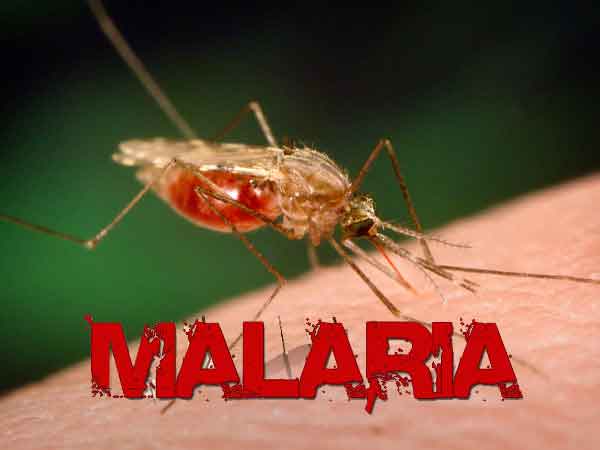
Despite the increasing malaria cases globally, the funds required to stay on track to defeat the disease falls short.
Experts say funding shortages have led to serious gaps in access to proven malaria control tools.
In 2018, an estimated $2.7bn was invested in malaria control and elimination efforts globally by governments of malaria-endemic countries and international partners – a reduction from the $3.2bn invested in 2017.
Also, the amount invested in 2018 fell short of the $5.0bn estimated to be required globally to stay on track toward the Global Technical Strategy milestones.
Meanwhile, in 2018, an estimated 228 million cases of malaria occurred worldwide, compared with 251 million cases in 2010 and 231 million cases in 2017.
In 2019, the global tally of malaria cases was 229 million. The disease claimed some 409,000 lives in 2019 compared to 411,000 in 2018.
However, there was a funding shortfall at both the international and domestic levels. In 2019, total funding reached $3bn against a global target of $5.6bn.
Although the World Health Organisation revealed that the COVID-19 pandemic disrupted malaria services in 2020, there were an estimated 241 million malaria cases and 627,000 malaria deaths worldwide in 2020. But, only about $3.3bn was spent to fight malaria that year.
The WHO said, “The roughly $3.3bn spent fighting malaria in 2020 will need to more than triple in the next 10 years to successfully implement the global strategy.”
The latest report by the global health body showed that the global tally of malaria cases reached 247 million in 2021 but the total funding was $3.5bn, which falls below the estimated $7.3bn required globally to stay on track to defeat malaria.
“At the same time, a decline in the effectiveness of core malaria control tools, most crucially insecticide treated bed nets, is impeding further progress against malaria.
“Threats to this key prevention tool include insecticide resistance, insufficient access, loss of ITNs due to the stresses of day-to-day use outpacing replacement, and changing behaviour of mosquitoes, which appear to be biting early before people go to bed and resting outdoors, thereby evading exposure to insecticides.
“Other risks are also rising, including parasite mutations affecting the performance of rapid diagnostic tests; growing parasite resistance to the drugs used to treat malaria; and the invasion in Africa of an urban-adapted mosquito that is resistant to many of the insecticides used,” the global health body noted.
A professor of public health at the University of Ilorin, Tanimola Akande, said several measures had been put in place by all levels of government and particularly donor partners to reduce the burden of malaria but the governments need to improve on strategies to eliminate the disease by the provision of more funds.














